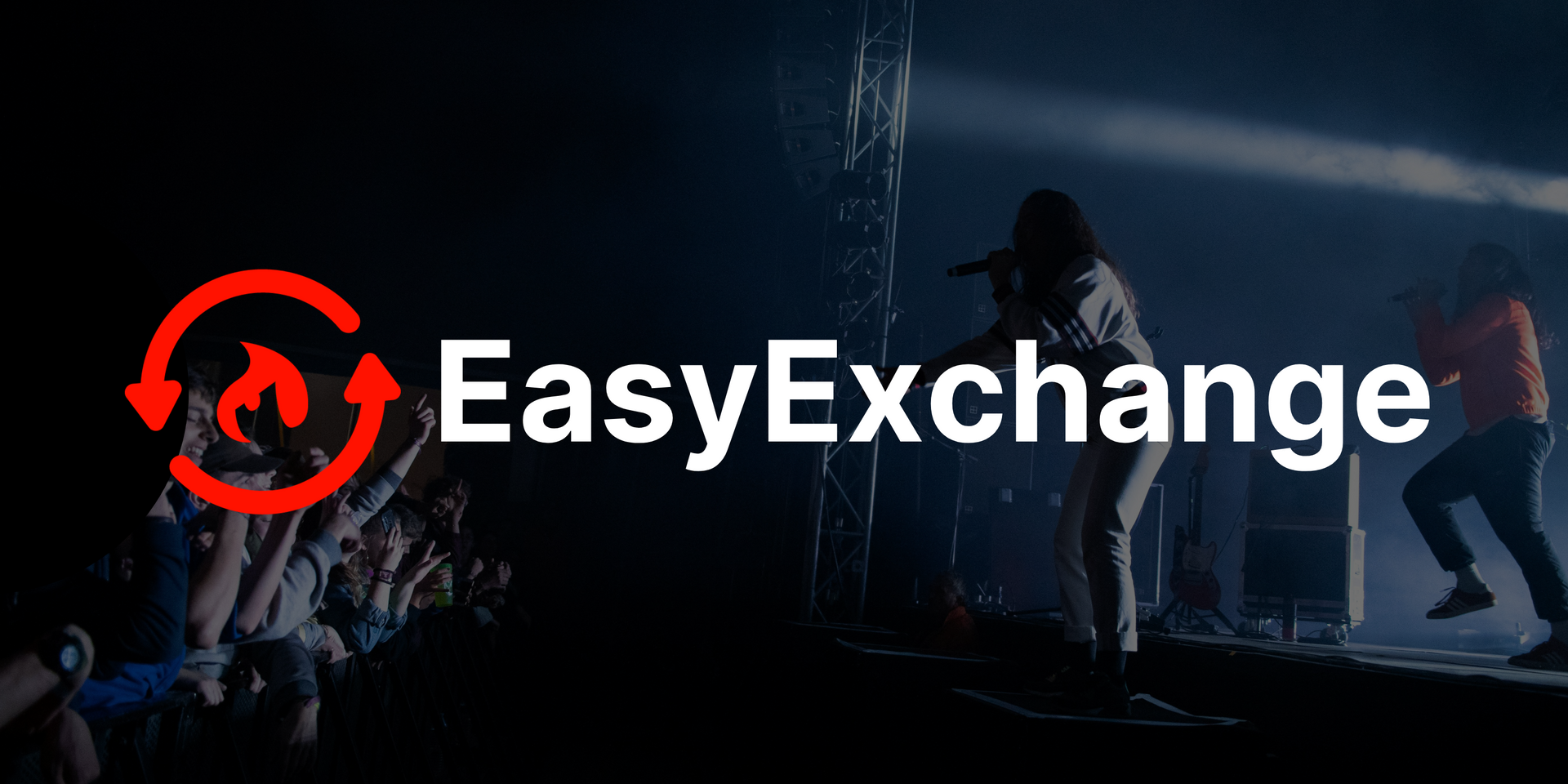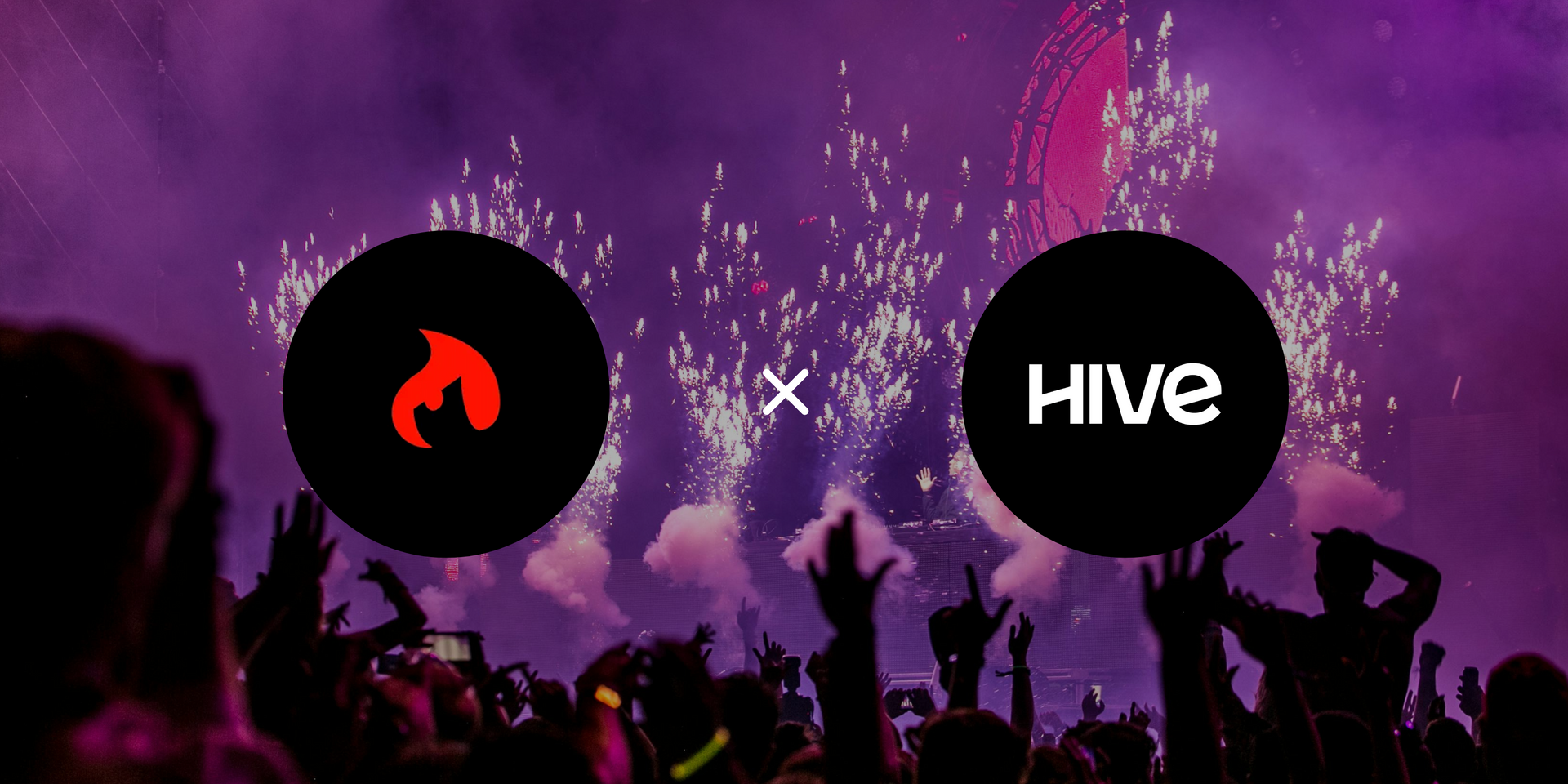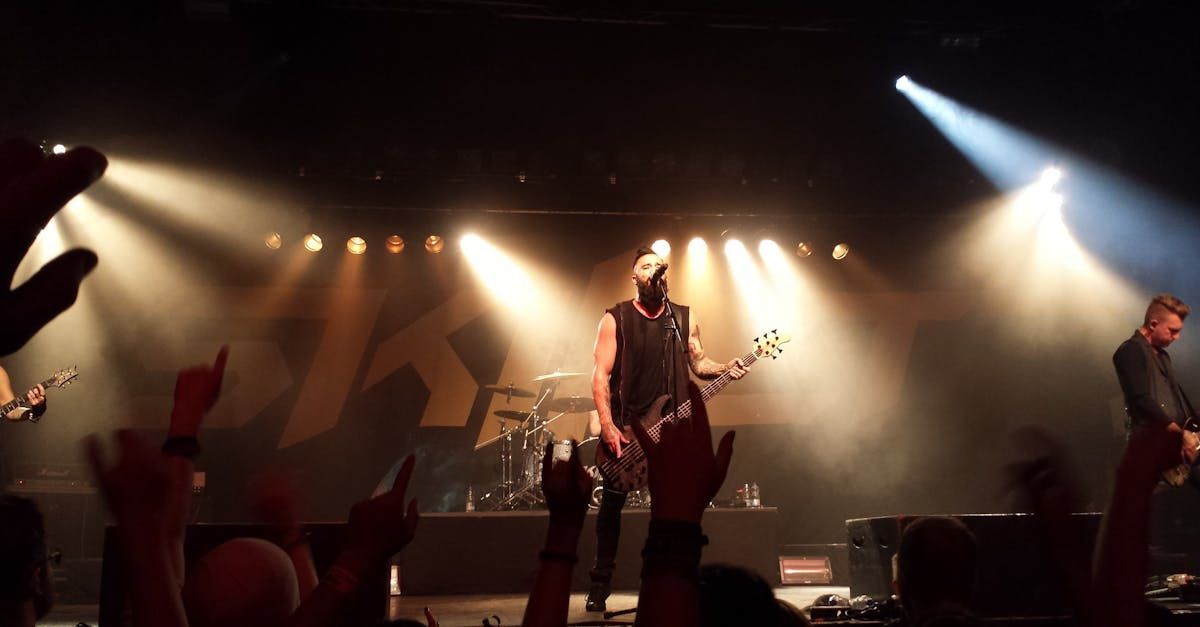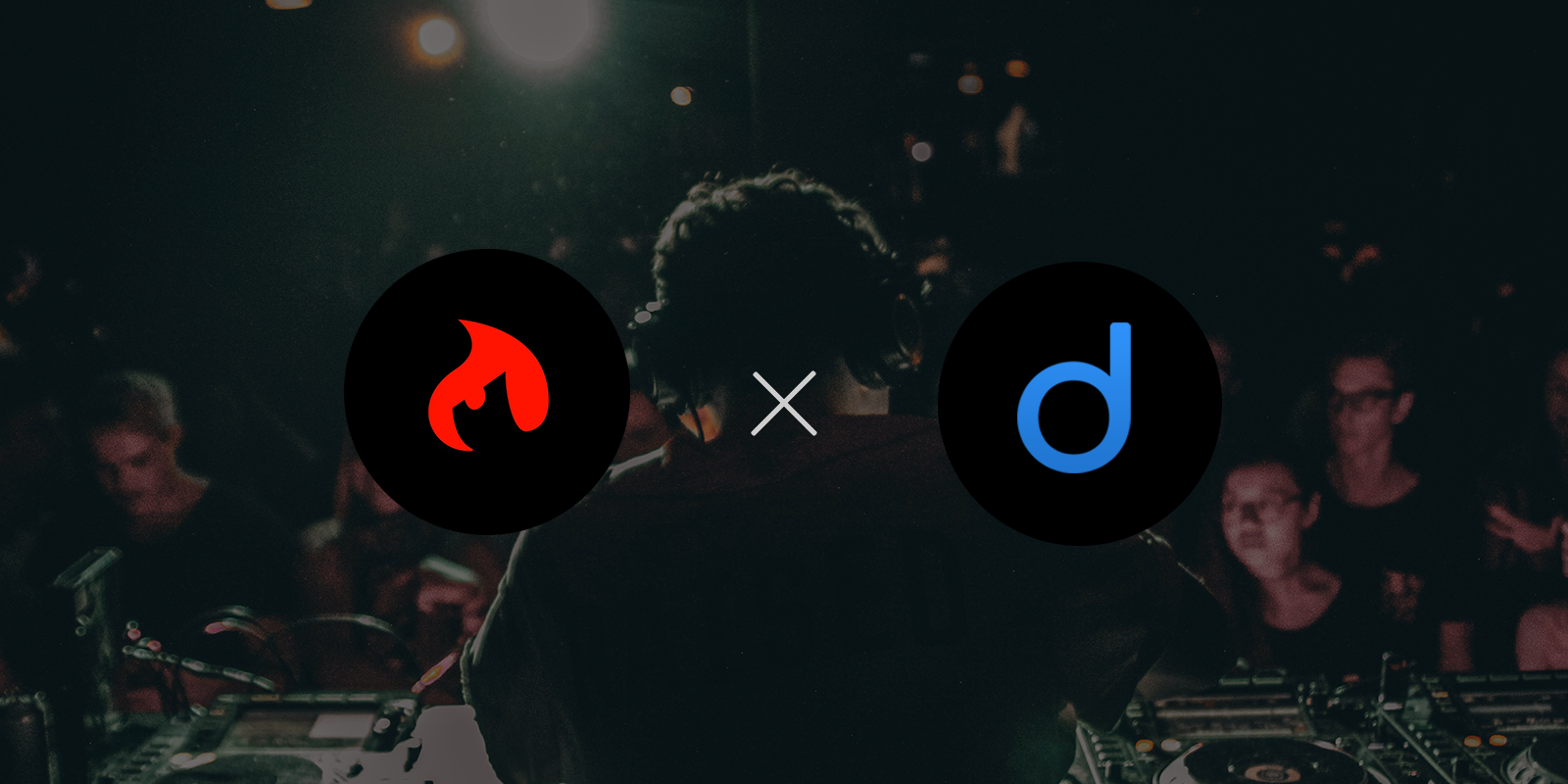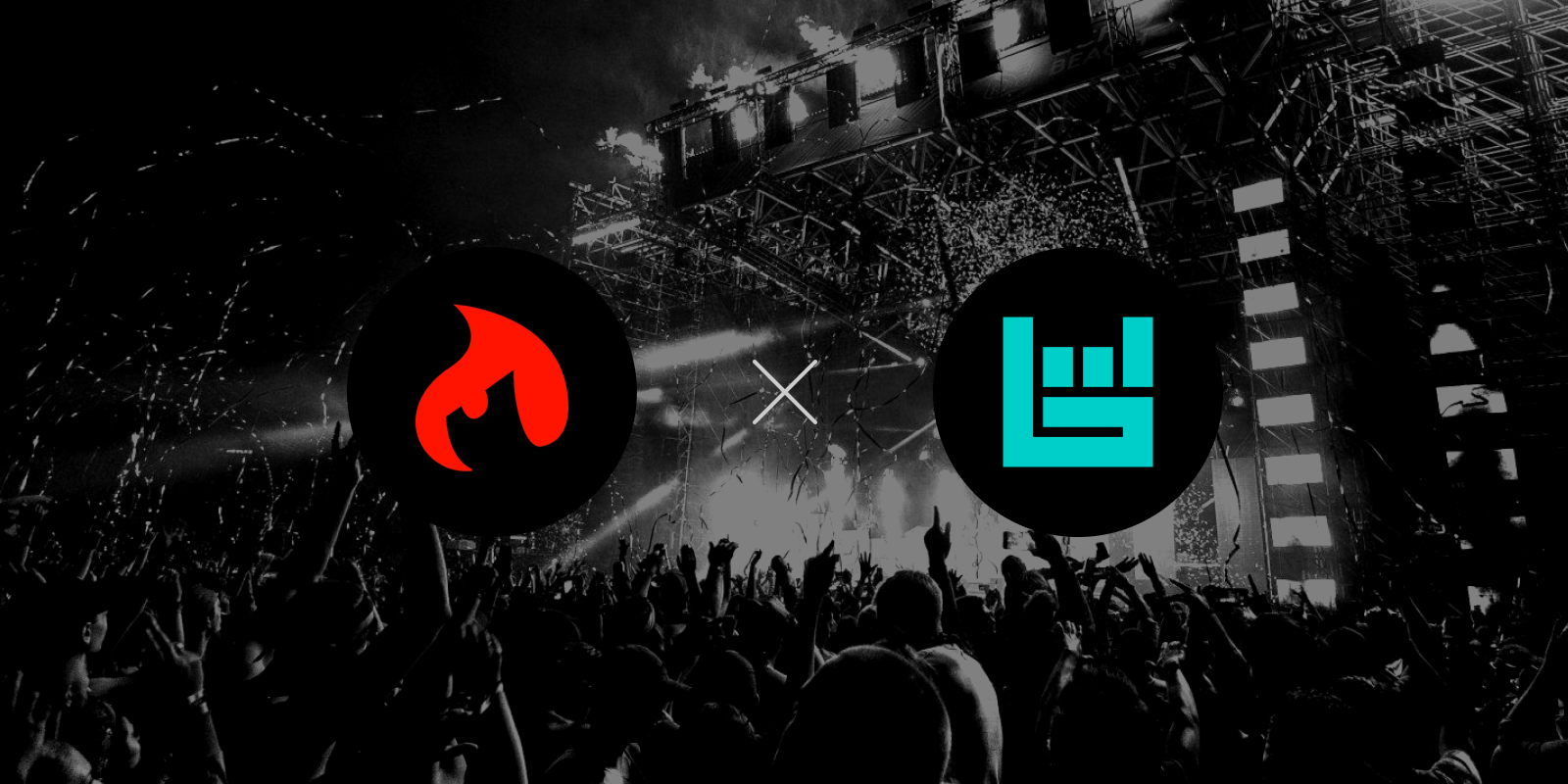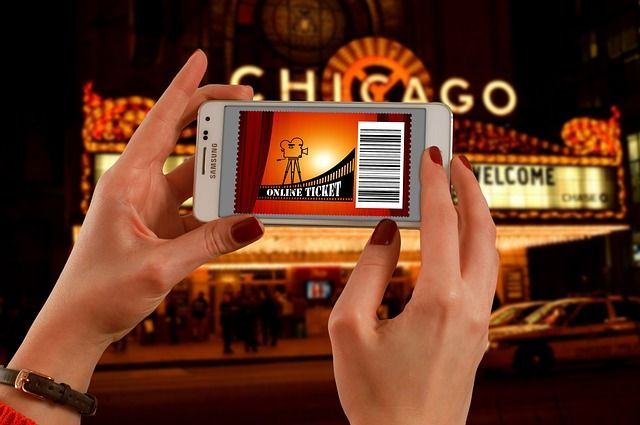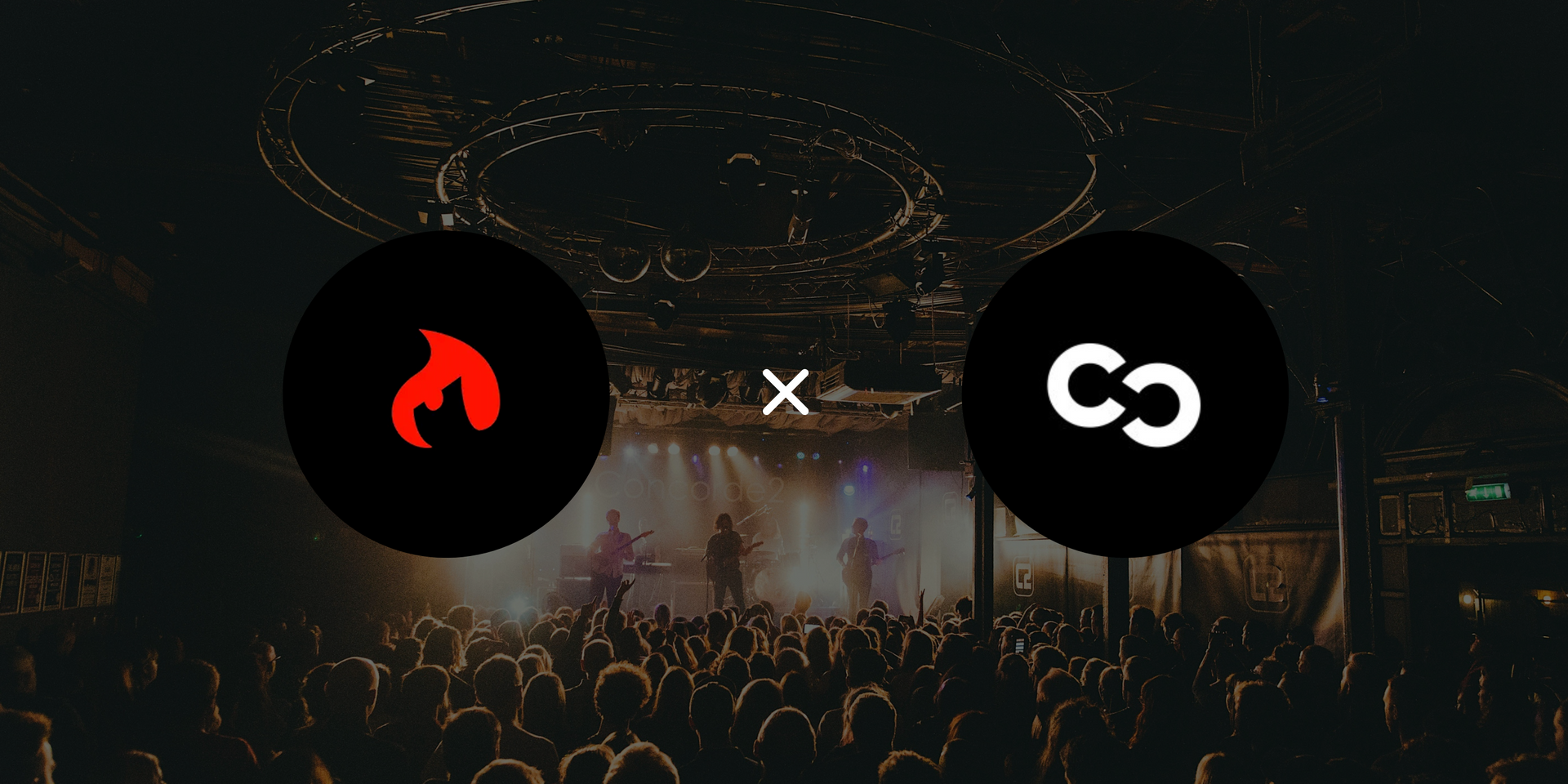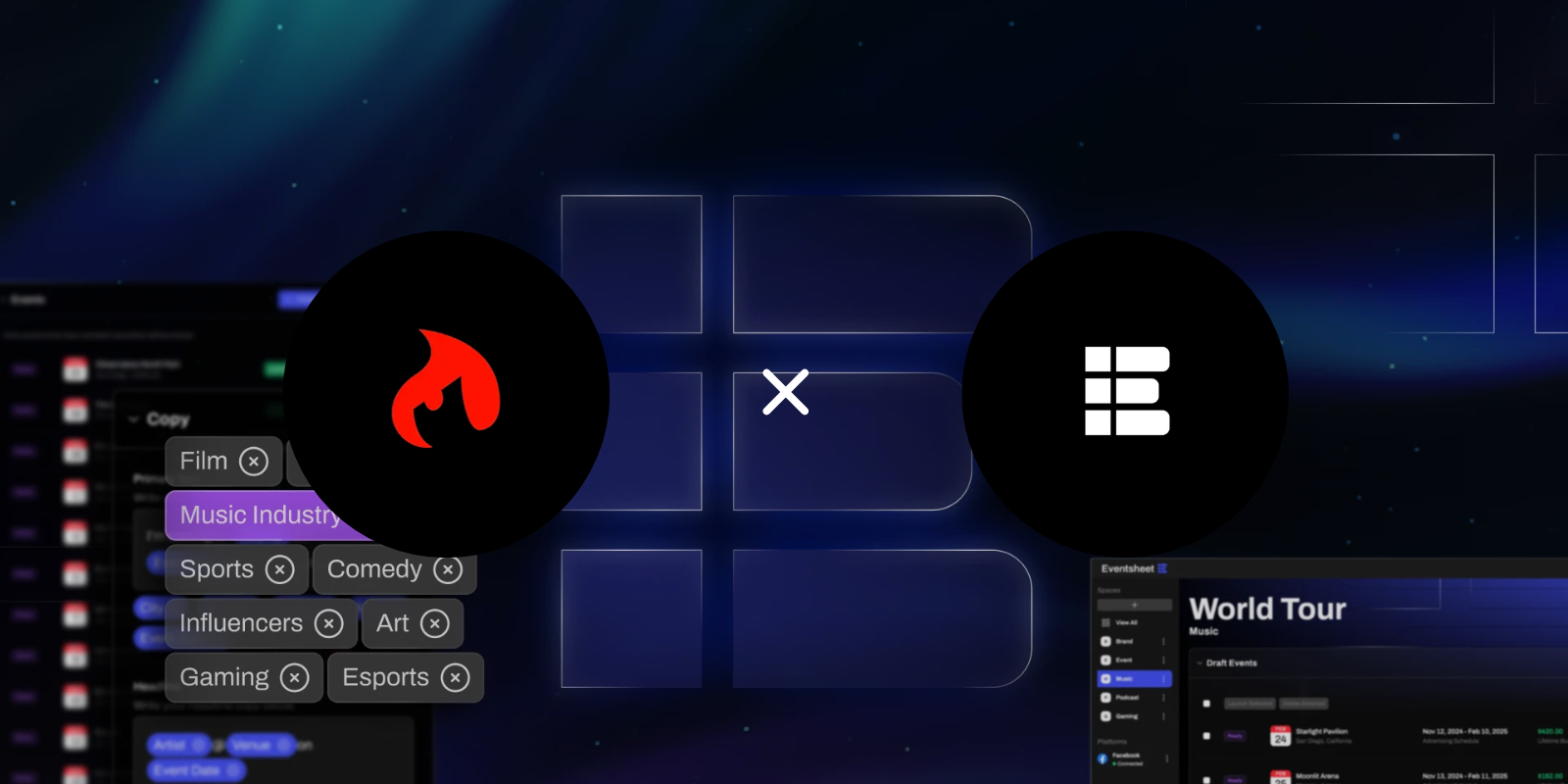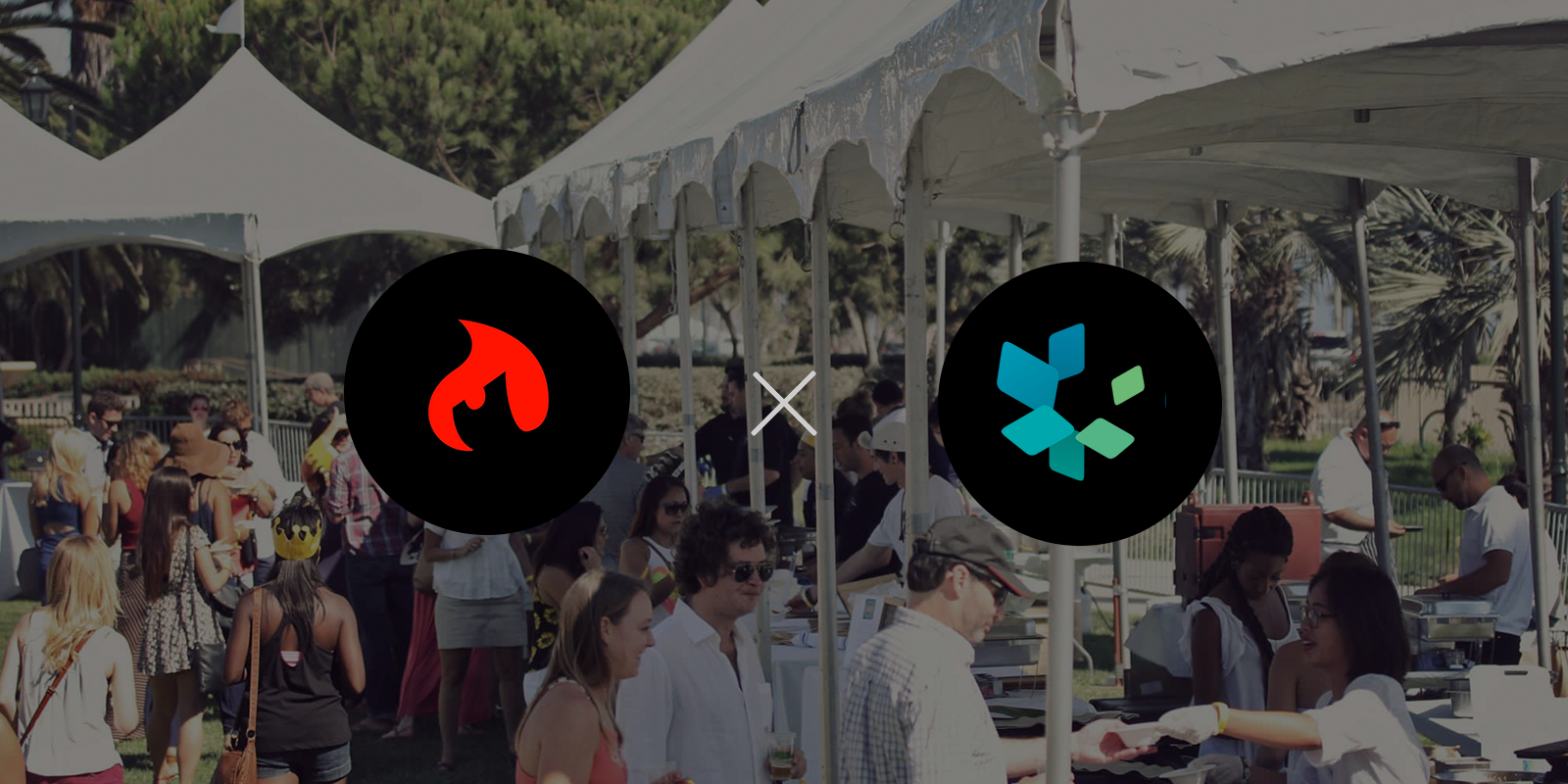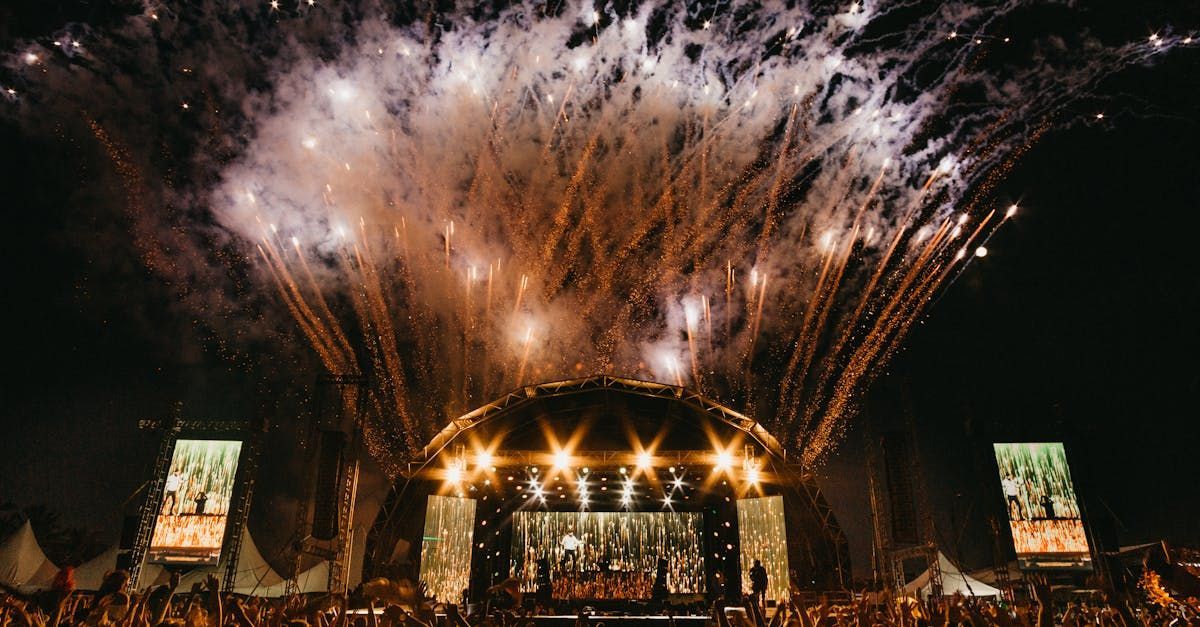4 Common Online Ticketing Mistakes and How to Avoid Them
Thanks to modern technology and the internet, organizing an event and selling tickets is easier than ever. And yet there are many pitfalls for event organizers who think it’s as simple as creating a website with a budget ticketing solution (or just redirecting to a third-party site).
We’ve seen a few common online ticket mistakes that event organizers make – from miscalculating pricing strategies to inadequate marketing. This article lists some of those common mistakes and what you can do to avoid them.
Mistake #1: Overpricing Tickets
Setting ticket prices too high can be a critical mistake in online ticketing, similar to overpricing in the real estate market, says Bryan Brand, vice president of business development at Ticketsauce. “It’s a much better look to start out maybe on the lower end, and then increase the price from there.”
Overpricing tickets can turn potential buyers away. It's better to give yourself room to increase as demand grows once you attract an initial audience.
This approach avoids the need for price reductions, which can negatively impact the event's image and complicate matters with early purchasers.
Mistake #2: Overselling Events
Selling more tickets than your event can handle is a serious mistake that can lead to numerous problems, affecting both the success and reputation of your event. As Brand warns, “Overselling can really hurt an event of any shape and size, causing people to go to social media and say the bathroom line was too long or they ran out of food.”
The risks of overselling extend far beyond immediate logistical issues. Negative feedback, especially in today's social media-driven world, can spread quickly and widely. Common complaints from oversold events include:
- Long Waiting Times: Attendees might face extensive lines for entry, bathrooms, or food, which can lead to frustration and negative reviews.
- Insufficient Amenities: Running out of essential amenities like food or drinks due to higher than expected attendance can significantly diminish the event experience.
- Crowding and Discomfort: Overcrowding can lead to discomfort and safety concerns, making the event less enjoyable and potentially hazardous.
Here are three hypothetical scenarios that illustrate where overselling can be disastrous:
- Music Festival Mayhem: A summer music festival oversells tickets, leading to overcrowded stages. Attendees are unable to move comfortably, leading to safety concerns. The festival faces backlash on social media for poor crowd management, which negatively impacts ticket sales for the next year's event.
- Conference Chaos: A professional conference sells more tickets than there are seats in the lecture halls. Attendees are forced to stand or miss key presentations, leading to a wave of complaints on professional networking sites and damaging the conference’s reputation in the industry.
- Theater Overload: A local theater group oversells a popular play, resulting in not enough seating. Latecomers have to stand in the aisles, leading to a disrupted viewing experience and safety issues. The negative word-of-mouth affects future productions, reducing community support and ticket sales.
Effective capacity management is key to avoiding overselling. Begin by accurately assessing your venue's capacity, keeping in mind not just seating, but also the facilities available, such as restrooms and food vendors.
Use a reliable ticketing system, which can help monitor sales in real-time and automatically stop ticket sales once capacity is reached. Additionally, have a clear understanding of your target audience and their expectations to avoid overestimating demand.
Mistake #3: Underestimating the Importance of Marketing
Many event organizers just don’t do enough to market their event. Insufficient marketing efforts can severely impact ticket sales and overall event success.
“Good event marketing is about building that momentum as you lead up to the gates opening,” Brand says. “First, you want to get the word out there, and then continue to build and grow and spend as you get closer to the event. You want to make as much noise as possible when those tickets go on sale.”
A well-rounded marketing plan should include a mix of both organic and paid strategies to ensure maximum exposure for your event. Here are some fundamental marketing activities that every event organizer should engage in:
- Social Media Marketing: Utilize platforms like Facebook, Instagram, and Twitter to create buzz around your event. Regular posts, behind-the-scenes content, and interactive campaigns can engage your audience.
- Email Campaigns: Build an email list and send out regular updates, reminders, and special offers to potential attendees. Personalized emails can increase engagement and conversion rates.
- Influencer Partnerships: Collaborate with influencers or local celebrities who can promote your event to their followers. This can help tap into new audiences and add credibility to your event.
- SEO and Content Marketing: Optimize your event website and blog content for search engines to attract organic traffic. Useful and engaging content can also position your event as a must-attend.
- Paid Advertising: Invest in targeted ads on social media and Google. Paid ads can reach people outside of your immediate network and can be tailored to specific demographics.
- Partnerships and Sponsorships: Partner with other businesses or brands to widen your reach. Sponsorships can also provide additional resources and credibility.
- Event Listings and Calendars: List your event on popular event calendars and ticketing platforms to increase visibility.
- Public Relations: Use press releases and media outreach to get coverage in local news, blogs, or industry-specific publications.
- Referral Programs: Encourage word-of-mouth marketing by offering incentives for attendees who refer friends.
- Analytics and Feedback: Use analytics to understand the performance of your marketing strategies and make data-driven decisions. Feedback from attendees can also provide insights for future marketing efforts.
Mistake #4: Not Catering to Last-Minute Ticket Buyers
Event organizers often underappreciate just how many of their ticket buyers will wait until the last minute to buy.
“The majority of tickets are bought in the last couple of weeks or 30 days leading up to the event,” Brand says. “It’s very common that event producers are super nervous two weeks out because they've only sold 50% of what they want, and then that last week they'll sell the rest of their inventory.”
But that won’t necessarily be the case if they don’t focus on selling to those last-minute buyers. These buyers often make decisions based on immediate availability, social influence, or spur-of-the-moment plans. Catering to their needs requires specific strategies that can capture their attention and convert their interest into sales.
Here are a few effective approaches:
- Flash Sales and Promotions: Implement time-sensitive discounts or special offers. This creates a sense of urgency and can be a strong motivator for last-minute decisions.
- Targeted Social Media Ads: Use targeted ads on platforms like Facebook and Instagram in the final days leading up to the event. Tailor your message to highlight the immediacy and exclusivity of the event.
- Email Reminders: Send reminder emails to your subscribers, emphasizing that time is running out to join the event. Personalize these reminders to create a sense of missed opportunity if they don’t act quickly.
- Last-Minute Partnerships: Collaborate with local businesses or influencers to promote your event. They can help spread the word quickly among their followers and clientele.
- Social Media Countdowns: Create a sense of anticipation and urgency with a countdown on your social media channels. Regular updates can keep the event top-of-mind for potential attendees.
- Real-Time Updates: Share updates about the event’s status, like “limited tickets remaining,” to instigate immediate action from those still undecided.
- FOMO-Inducing Content: Share content that highlights what attendees will miss out on if they don't attend. Testimonials, previews, and behind-the-scenes glimpses can be very effective.
- Convenient Purchase Process: Ensure that the ticket-buying process is straightforward and quick. Last-minute buyers will appreciate a hassle-free experience.
How to Elevate Your Next Event's Ticketing Strategy
As event organizers and ticket sellers, it's essential to periodically re-assess and refine your online ticketing strategies. Consider the following actions to improve your sales and enhance the overall event experience:
- Review your pricing structure and adjust it to suit your target audience and event demand.
- Evaluate your event's capacity to ensure it aligns with a quality attendee experience.
- Enhance your marketing plan, focusing on both early promotion and aggressive last-minute campaigns.
- Specifically target those last-minute decision-makers with tailored messages and offers.
Ready to take your event's ticketing strategy to the next level? Explore Ticketsauce's dynamic ticketing platform. With its customizable pricing strategies, powerful marketing tools, and comprehensive analytics, Ticketsauce is designed to help you avoid common ticketing pitfalls.
Whether it's pricing adjustments based on real-time demand, maximizing your event's exposure, or targeting those crucial last-minute buyers, Ticketsauce has the solutions you need. Enhance your event’s success and provide a seamless experience for your attendees with Ticketsauce – where smart ticketing meets innovative event management. Contact us today and let’s get started.
